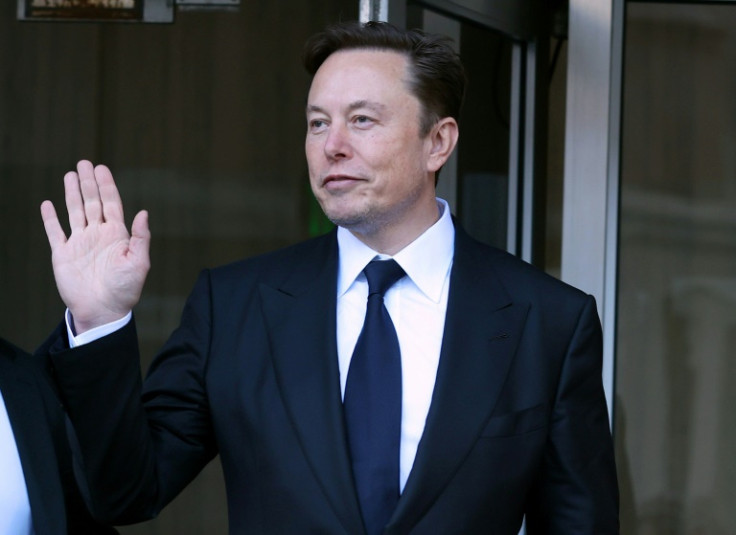Elon Musk calls New York Times 'hypocritical' for refusing to pay for Twitter blue tick
Musk had said that Twitter would start removing the verified check mark from accounts that refuse to pay for the service starting April 1.

Twitter CEO Elon Musk has now lashed out at the New York Times for refusing to pay for the platform's "verified" badge.
The platform removed the publication's blue tick on Sunday after the news organisation made it clear that it has no intention of paying for the Twitter blue service. Musk said that the Times was being "hypocritical."
"NY Times is being incredible [sic] hypocritical here, as they are super aggressive about forcing everyone to pay *their* subscription," he wrote in a tweet. Musk has always been critical of the New York Times. He had once compared its Twitter feed to "diarrhoea".
"The real tragedy of [the New York Times] is that their propaganda isn't even interesting," he wrote. "Also, their feed is the Twitter equivalent of diarrhoea. It's unreadable." It is not just the NYT that has refused to pay for the "verified blue tick" service; other publications like The Washington Post have also refused to pay for the service.
Musk had said that Twitter would start removing the verified check mark from accounts that refuse to pay for the service starting April 1.
"On April 1st, we will begin winding down our legacy verified program and removing legacy verified checkmarks," Twitter Verified wrote. However, all of the legacy verified accounts still have their badges, and it is unclear why Twitter has not yet removed them.
Musk, in a tweet posted on Sunday, claimed that he would be giving a few weeks' grace period to legacy verified accounts and will remove the blue ticks if they still refuse to pay for the service. But the tweet has since been deleted.
Musk has been taking several steps to make Twitter more profitable, which he claims is the "world's largest non-profit." He says that he has not been making any money from his latest acquisition.
He bought Twitter last year for $44 billion. Though the billionaire tried to back out of his impulsive bid that reportedly stemmed from a "420" weed joke, he could not back out of their agreement, and Musk was forced to offload more than $15 billion in Tesla shares to raise enough cash to fund the purchase.
He has introduced a series of changes since taking over the company in an attempt to increase revenue. He let go of hundreds of employees, made Twitter's blue service a paid one, and even "sold office plants" to make money.
NY Times is being incredible hypocritical here, as they are super aggressive about forcing everyone to pay *their* subscription
— Elon Musk (@elonmusk) April 2, 2023
He scrapped the work-from-home policy, implemented longer working hours, and fired half of the company's 7,500 staff. The Twitter blue tick was earlier free for prominent personalities such as journalists, activists, and politicians.
Before Musk's takeover of Twitter, a blue tick was used as a verification tool and was perceived as a badge of authenticity. However, Musk changed that too.
The move to let people get a blue tick for a certain amount has people worried as some might impersonate prominent people and organisations to create confusion and chaos. Trolls have already begun changing their profile photos and names to mimic celebrities and politicians.
One account used the New York Times photo and name and tweeted: "Sources inside Twitter say that Elon Musk is petty."
In fact, a number of accounts impersonated influential individuals soon after the launch of the paid subscription service in November. The development led to utter chaos on the platform after fake accounts of Meta chief Mark Zuckerberg, current and former US Presidents Joe Biden, Donald Trump, and George W. Bush, and former UK Prime Minister Tony Blair cropped up on Twitter.
Twitter had to suspend all of them to bring the situation under control. One such account impersonated US pharmaceutical company Eli Lilly and tweeted that the company had made insulin free.
Eli Lilly had to issue a clarification after its stock price fell due to the fake tweet. Its stock price plummeted to $352.30 from $368.72 within hours after the parody account sent out the tweet.
Musk has since been trying to make the subscription model as perfect as he can. But he has not succeeded so far, and it remains to be seen how he will deal with the situation so people will be able to distinguish between legitimate and fake accounts.
© Copyright IBTimes 2025. All rights reserved.






















